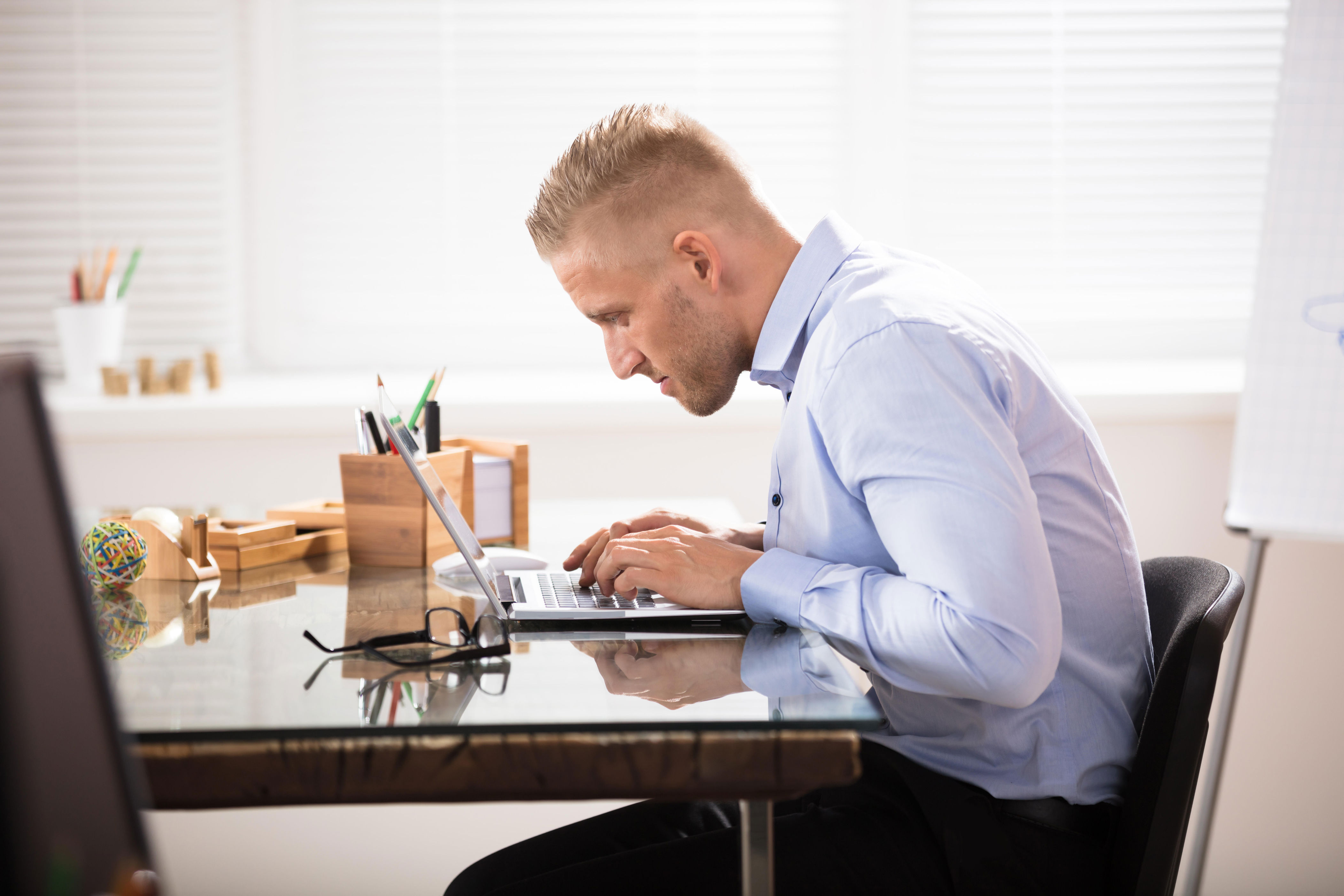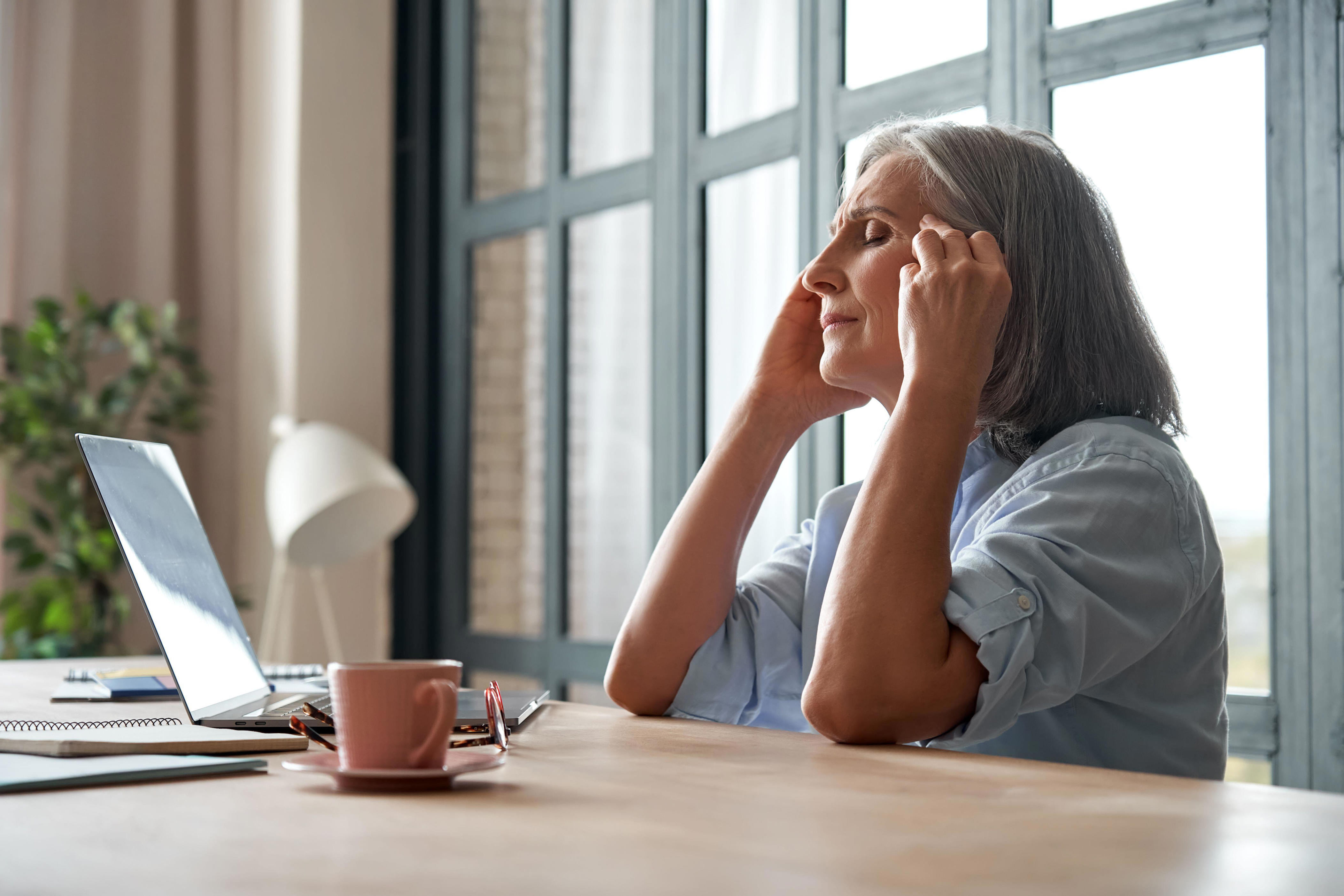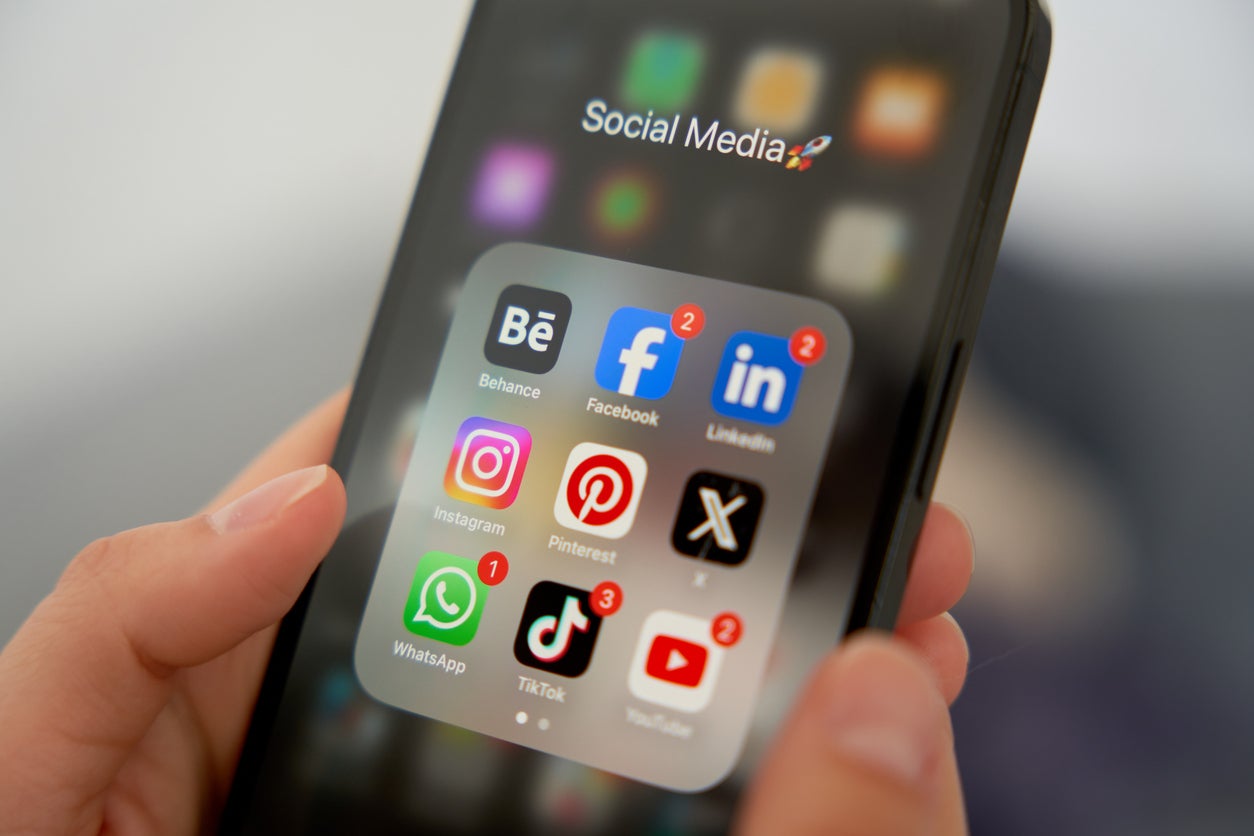Modern life is intrinsically linked with technology – but while our gadgets offer undeniable benefits, there are growing concerns about rising screen time.
The average UK resident spends five hours and 34 minutes looking at screens daily, and over a quarter of Britons (27 per cent) express concern about their smartphone usage, according to data from consumer research platform GWI.
While not yet officially recognised by the NHS, tech addiction is a growing issue, says Dr Catherine Carney, a psychiatrist and addiction expert at Delamere rehab clinic.
Dr Carney points to the concept of "digital sugar", where excessive technology use triggers physiological responses similar to substance addiction, driven by the dopamine rush of social media . This dependence can have far-reaching consequences.
"If you’re sitting on your phone instead of being outside, in the gym, meeting with a friend, it can reduce access to socialisation and actually cause cognitive problems," she explains.
The impact on younger generations is particularly concerning. Research funded by the National Institutes of Health indicates premature thinning of the brain cortex in children with seven or more hours of daily screen time.
Furthermore, Dr Carney notes that children with high phone usage often struggle with reading and writing at school compared to their less digitally engaged peers.
Here are some other health concerns linked to rising screen time:

Posture concerns
“Prolonged screen use often causes the head to shift forward, a condition commonly referred to as ‘text neck’,” says Faye Deane, Chiropractor and British Chiropractic Association member .
“This increases strain on the neck muscles and cervical spine, contributing to chronic pain, headaches, and even early degenerative changes. Sedentary lifestyles, remote work, and prolonged desk use also contribute to a hunched posture.
“Clinically, we see that excessive screen time leads to tight chest muscles and weakened upper back muscles, increasing the risk of musculoskeletal dysfunction. This postural imbalance can result in chronic discomfort and a higher likelihood of developing kyphotic (rounded upper back) postures over time.”
Weight gain
“Spending too much time on screens is making us more sedentary, which can have a big impact on health,” says Dr Crystal Wyllie from ZAVA Online Doctor.
“Sitting for long periods increases the risk of weight gain, obesity, diabetes and heart disease.”

Eye strain
"Giles Edmonds, the clinical services director at Specsavers, notes that focusing on screens for extended periods frequently leads to eye strain," he explains.
Digital eye strain is an extremely prevalent issue stemming from extended periods of screen use. Looking at digital devices for long stretches can lead to tired eyes, and being too near to these screens can additionally stress your ocular muscles.
Glare from digital displays can exacerbate this issue, leading to additional eyestrain.
Increase in anxiety
"Overall, social media can instill anxieties and additional pressures that lead individuals to perceive their lives as lacking and unimportant," states Dr. Carney.
The same applies when you're looking for likes and comments on a post—it can enhance your self-esteem; however, lacking 'sufficient' engagement might lead to the contrary outcome.

Lack of social skills
Dr. Carney suggests that individuals who are shy or struggle with social interactions might find social media more manageable for connecting with others.
This dependency can result in excessive usage, which in turn leads to a continuous decline in their social abilities and causes them to isolate themselves from reality.
It turns into a paradox because you rely on social media for your self-worth and assurance, yet it ultimately diminishes the abilities you once possessed.
Disrupted sleep pattern
"Mentally, screens, particularly those used at night, interfere with sleep by hindering melatonin production," according to Dr. Wyllie.
Bad sleep is strongly associated with increased desires for sugary or high-carb foods because the body seeks a rapid source of energy.
"If you hit the hay at 11 PM but spend hours aimlessly browsing social media, your sleep might suffer, which can lead to poorer focus the following day," according to Dr. Carney.

Ways to control your screen usage
Recognise the problem: “The best way to reduce screen time is to start small,” says Dr Wyllie.
“You need to be honest with yourself and recognise if your screen time is becoming an issue. Identify what your triggers are, what you spend the most time focused on and then plan accordingly,” says Dr Carney.
Find an alternative: “Rather than thinking of spending six hours on your phone, try find a new hobby or an alternative way to spend that time,” Carney says.
“You could join a gym, start horse riding, take up knitting or go out with a friend. You need to find something to fill that time.”
Set time limits: “You can use the 20-20-20 rule,” says Dr Deepali Misra-Sharp. “This means every 20 minutes, look 20 feet away for 20 seconds.
“You can also establish screen-free zones such as the bedroom or meal times.”
"Establishing time restrictions can be an effective method for controlling your screen usage, and if you find it difficult to accomplish this alone, various new groups are forming," according to Dr. Carney.
"For instance, there's a newly formed group called Internet and Technology Dependencies Anonymous It’s an anonymous platform where individuals hooked on their smartphones can receive peer support while attempting to reduce their screen time.
The Independent has consistently maintained a worldwide viewpoint. Rooted in strong foundations of exceptional international journalism and insightful analysis, The Independent now boasts a readership that far exceeds what was imaginable at its inception as a fledgling entity within the UK media landscape. In this post-Second World War era, for the first time globally, principles such as diversity, rationality, progressivism, humaneness, and globalization—the core tenets upheld by The Independent—are facing challenges. Nonetheless, we at The Independent are experiencing growth.